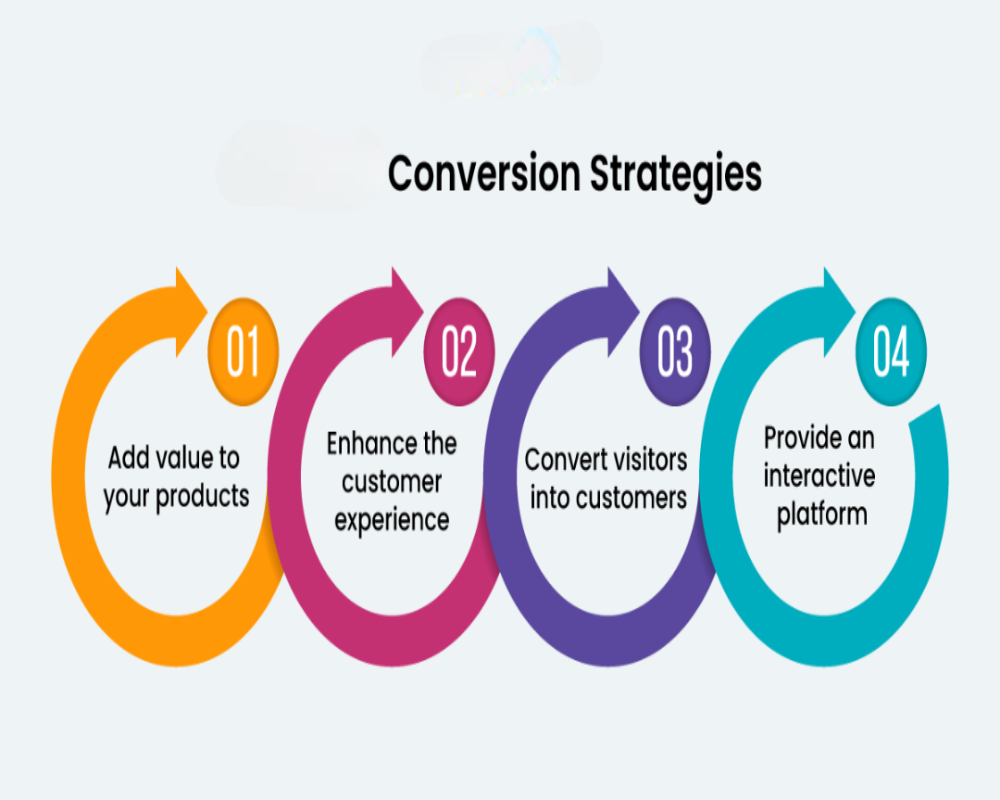Introduction
Sales conversion for industrial sites involves turning potential leads or inquiries into committed buyers or tenants. Whether the objective is to sell industrial land, lease warehouse space, or attract manufacturing units, conversion tactics must be strategically designed to match the expectations of informed, process-driven decision-makers. Due to the high-value nature of industrial transactions and the involvement of multiple stakeholders, the sales process demands a thoughtful combination of technical insight, relationship-building, and persuasive presentation. Effective sales conversion tactics accelerate decision-making, reduce drop-offs, and increase the success rate of industrial property sales.
Qualifying and Understanding the Prospect
The first step in any successful sales conversion is proper lead qualification. Not every inquiry will result in a deal, so it is essential to identify prospects with serious intent, financial capability, and operational compatibility with the industrial site. Sales teams should gather information on the prospect’s industry, business size, operational requirements, infrastructure needs, and budget range.
Understanding the buyer’s motives—whether expansion, relocation, or investment—allows for tailored solutions that align the site’s offerings with their strategic goals. This personalization builds trust and improves engagement.
Showcasing Site Advantages with Data
Industrial buyers and tenants make decisions based on logic, operational efficiency, and return on investment. Therefore, sales presentations must focus on quantifiable site benefits such as:
- Proximity to transport infrastructure (ports, highways, airports)
- Availability of utilities like power, water, and gas
- Compliance with environmental and zoning regulations
- Access to labor markets and suppliers
- Scalability and future expansion opportunities
Using maps, data sheets, layout plans, and drone visuals adds credibility and supports a data-driven decision-making process.
Offering Customization and Flexibility
Many industrial prospects seek facilities or land that can be adapted to their specific operational requirements. Sales conversion is more likely when developers or sellers demonstrate flexibility in terms of plot sizes, construction specifications, lease terms, or payment schedules.
Providing build-to-suit options, modular designs, or phased development plans shows that the industrial site can accommodate evolving business needs. This adaptability makes the offer more attractive and significantly reduces buyer hesitation.
Creating Urgency with Limited-Time Incentives
To encourage faster decisions, limited-time offers or financial incentives can be introduced. These may include:
- Early-buyer discounts
- Waived maintenance fees for a set period
- Subsidized infrastructure setup
- Government-backed tax benefits for early movers
Incentives must be aligned with project timelines and positioned carefully to enhance value without undermining profitability.
Leveraging Site Visits and Demonstrations
Physical or virtual site visits are powerful conversion tools. They allow prospects to assess the scale, infrastructure readiness, and surrounding ecosystem firsthand. During the visit, representatives should be prepared to answer technical questions, offer comparative analysis, and present a clear development timeline.
Providing an experience—such as visiting operational units or showcasing success stories on-site—helps buyers visualize their future operations, increasing the likelihood of conversion.
Addressing Concerns and Building Confidence
Industrial sales often stall due to unresolved concerns such as regulatory clarity, timeline assurance, cost transparency, or service reliability. Sales teams must proactively address these issues by:
- Presenting documentation of legal clearances and permits
- Offering transparent pricing with detailed breakdowns
- Sharing testimonials and client references
- Providing clear post-sale support and contact points
A confident, informed, and responsive approach removes doubt and moves prospects closer to commitment.
Maintaining Consistent Follow-Up
Timely follow-up is a critical sales conversion tactic. Prospects need to be reminded of the value proposition, provided with additional information, or guided through internal approval processes. Regular, professional follow-up—using phone calls, personalized emails, or progress updates—demonstrates commitment and keeps the sales dialogue active.
A structured follow-up schedule supported by a CRM system helps track interactions and ensures that no opportunity is overlooked.
Conclusion
Converting sales for industrial sites requires a well-rounded approach that combines technical knowledge, personalized engagement, and strategic communication. By qualifying leads accurately, presenting clear value, offering flexibility, and managing concerns proactively, sales teams can significantly improve their conversion rates. Each interaction must reinforce the industrial site’s readiness, reliability, and return on investment. With the right sales conversion tactics, industrial developments can attract committed buyers and tenants, ensuring sustained commercial success and long-term asset value.
Hashtags
#SalesConversion #IndustrialSales #B2BSales #SalesTactics #LeadGeneration #SalesStrategy #IndustrialMarketing #ConversionOptimization #SalesFunnel #CustomerEngagement #SalesTraining #BusinessGrowth #SalesTechniques #MarketingAutomation #SalesSuccess #IndustryInsights #SalesProcess #DigitalMarketing #SalesTips #IndustrialBusiness


